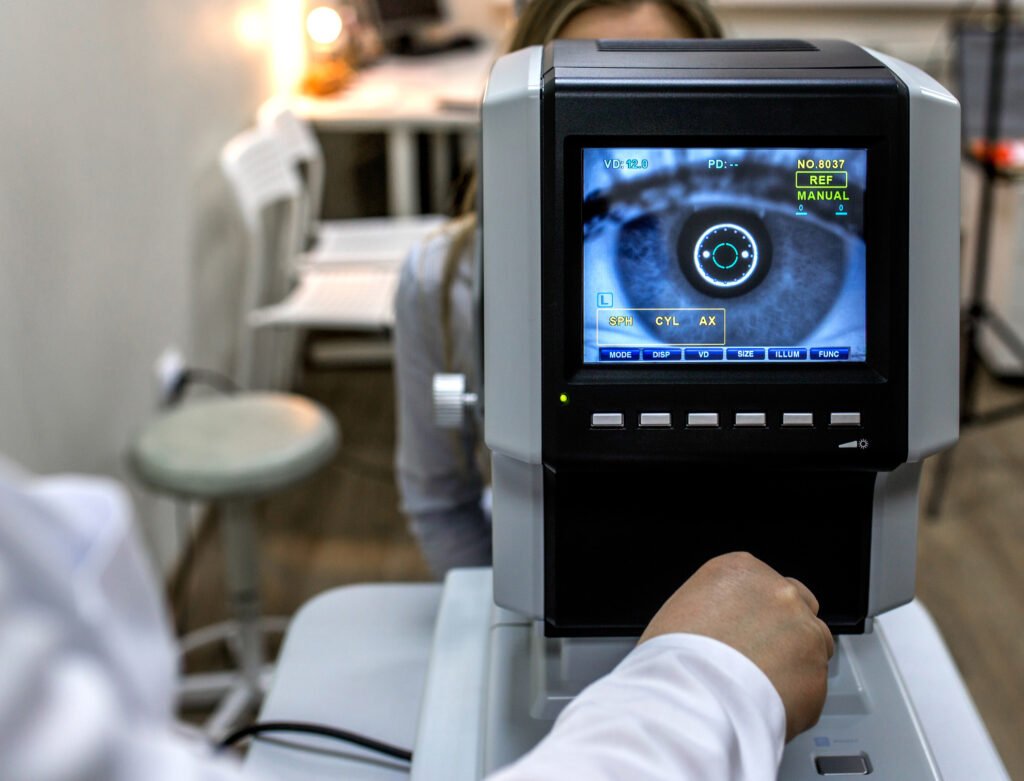Table of Contents
Researchers have uncovered a groundbreaking discovery, suggesting that 3D eye scans can offer crucial insights into kidney health, revolutionizing our ability to monitor the progression of kidney disease. The study, published in Nature Communications, highlights the potential of this non-invasive technology in early diagnosis and tracking, especially in the asymptomatic early stages of the condition.
Retina Reveals Secrets: A Pioneering Approach to Kidney Health Monitoring
Utilizing highly-magnified images, researchers from the University of Edinburgh delved into the intricacies of kidney health by examining changes to the retina, the light-sensitive tissue at the back of the eye. Unlike other parts of the body, the eye provides a unique window into microvascular circulation, a key process often affected in kidney disease.
The research team employed optical coherence tomography (OCT) technology, commonly found in high street opticians, to capture detailed cross-sectional images of the retina. By analyzing OCT images from 204 patients at various kidney disease stages and 86 healthy volunteers, the researchers identified a correlation between retinal thinning and kidney function decline

Patients with chronic kidney disease exhibited thinner retinas, and the study showcased that this thinning progressed parallelly with the decline in kidney function. Notably, retinal thickening was observed in patients who underwent successful kidney transplants. The findings suggest that regular eye checks, supported by this technology, could play a pivotal role in early detection and ongoing monitoring, empowering patients to make lifestyle adjustments to mitigate health risks.
Transformative Impact on Kidney Disease Management
With over 7.2 million people in the UK grappling with chronic kidney disease, the potential impact of this research is substantial. The technology, backed by Heidelberg Engineering’s imaging platform, not only holds promise for early detection but also offers a valuable tool for drug development. By measuring retinal changes, researchers can assess how the kidney responds to potential treatments, opening new avenues for clinical trials.
Future Prospects and Acknowledgments
While the study marks a significant leap in understanding the interconnectedness of eye health and kidney function, the researchers emphasize the need for further studies. Long-term clinical trials involving larger patient groups are deemed essential before the technology becomes a routine diagnostic tool. The study, funded by Kidney Research UK and supported by Edinburgh Innovations, showcases the collaborative efforts driving advancements in kidney disease research.
